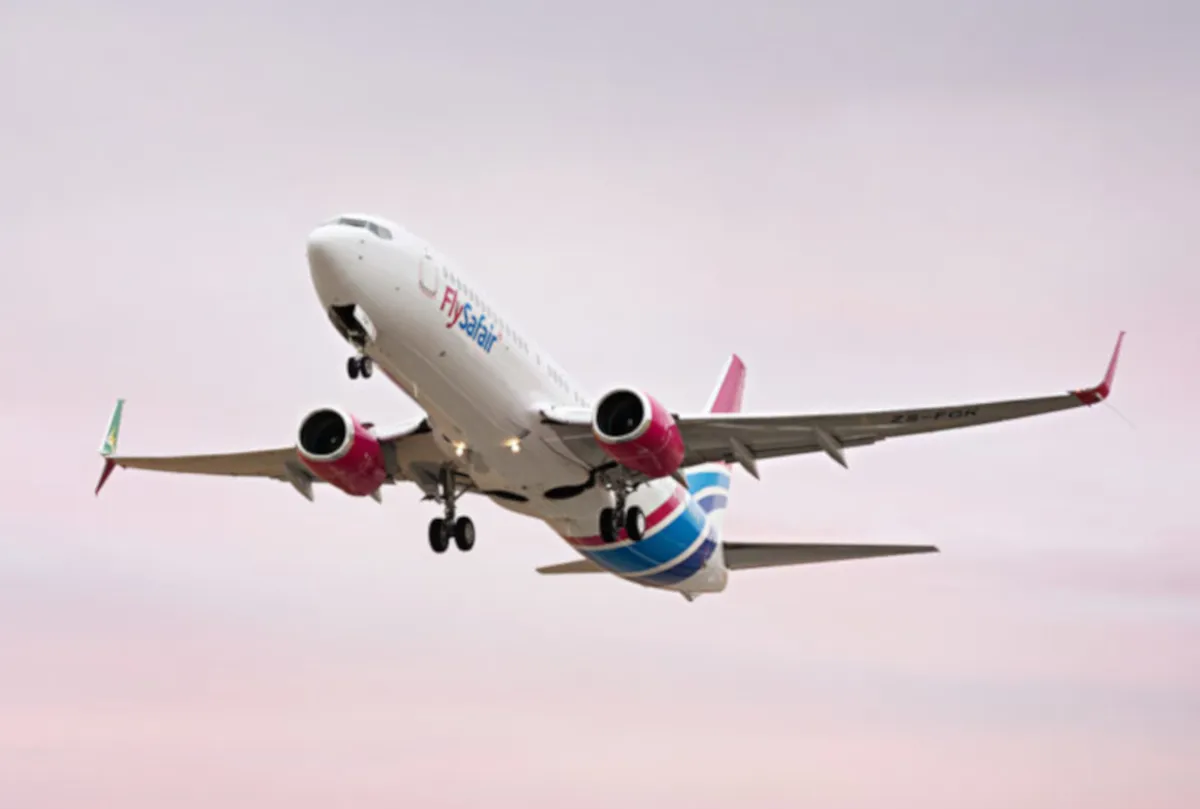
CONCERN GROWS | Exhausted FlySafair pilots raise safety fears over your flight
With travel disruptions ongoing, the strike is becoming a turning point for labour relations in South Africa’s aviation industry.

FlySafair’s ongoing dispute with its pilots has escalated into a two-week strike, drawing attention to a serious aviation safety issue: pilot fatigue and a declining work-life balance in South Africa’s low-cost airline industry.
Although public discussion has largely centred on flight delays and salary concerns, pilots represented by Union Solidarity insist the real problem goes far deeper than pay.
The union says 88% of FlySafair pilots support the strike, which stems from growing frustration over excessive workloads, insufficient rest, and relentless schedules that, they argue, compromise both safety and their well-being.
“The majority of our pilots are burnt out,” a Solidarity spokesperson said.
“Many of them report chronic fatigue and minimal recovery time between long duty cycles. This is not just about salaries – it’s about safety in the skies.”
Fatigue as a flight risk
Aviation experts warn that pilot fatigue is a real and growing risk, especially as airlines expand their schedules to meet post-pandemic demand.
Fatigued pilots tend to make more judgment errors, prompting international safety bodies like the International Civil Aviation Organization (ICAO) to call on airlines worldwide to implement strict Fatigue Risk Management Systems (FRMS).
FlySafair’s pilots have reportedly raised concerns about scheduling practices that frequently push legal boundaries, claiming their rest periods often fall short of international best practices.
“We’ve raised these concerns repeatedly,” said one pilot on condition of anonymity.
“But nothing changes. We’re simply exhausted.”
Airline defends its operations
FlySafair, meanwhile, has defended its rostering and safety record.
Spokesperson Kirby Gordon said the airline complies with all Civil Aviation Authority regulations and is committed to constructive engagement with staff.
“We are disappointed in the strike escalation but are working hard to minimise disruptions,” Gordon said.
“FlySafair’s number one priority remains the safety of our passengers and crew.”
The airline has adjusted its flight schedules and issued penalty-free rebooking options for affected travellers.
Experts call for industry-wide change
Aviation analysts say FlySafair’s situation reflects broader tensions in the low-cost carrier model, where lean staffing and high-frequency flights can stretch crew members thin.
“South African aviation is overdue for a conversation about crew fatigue and sustainable scheduling,” said aviation consultant Nkululeko Dube.
“Fatigue doesn’t just affect one airline – it’s an industry-wide concern that requires regulation and transparency.”
What’s next?
The Commission for Conciliation, Mediation and Arbitration (CCMA) is facilitating talks between FlySafair and Solidarity.
While the union remains open to mediation, it insists that pilot wellness must be prioritised before any deal is reached.
“No matter how well-maintained a plane is, it’s only as safe as the people flying it,” Solidarity concluded.
Key points
- Strike duration: Two weeks starting Monday, 21 July
- Core issue: Pilot fatigue and poor work-life balance
- Union stance: Rest time and wellness must be addressed
- Airline response: Flights adjusted; mediation ongoing
- Safety concern: Experts urge stronger fatigue regulation
